In February 2024, Singapore’s Second Minister for Finance Chee Hong Tat confirmed that large non-listed companies – defined as those with an annual revenue of at least S$1 billion and total assets of at least S$500 million – will be required to make climate-related disclosures (CRD) aligned with the standards developed by the International Sustainability Standards Board (ISSB), starting from FY2027.
While many regulatory entities across the Asia Pacific, including those in Australia, China, Hong Kong, Japan and Taiwan have shown support for these standards, Singapore stands out as the first country in the region to roll out mandatory CRD for non-listed companies.
The ISSB standards will also apply to all Singapore-listed companies from FY2025. This proposal was initially mooted in 2023, and shows the government’s commitment to institutionalising policy changes on CRD. In our view, Singapore is poised to make significant progress towards robust sustainability reporting if the trajectory continues as envisioned.
Proposed implementation timeline for CRD

Scopes 1, 2 and 3 emissions
If you are new to the three distinct categories of emissions, the names Scopes 1, 2 and 3 originated from the Greenhouse Gas Protocol, the world’s most widely used greenhouse gas accounting standards for companies. These three serve as a systematic classification for the different kinds of emissions generated by a company through its own operations and its wider value chain.

Scope 3 emissions account for 65 – 95% of a company’s greenhouse gas emissions and present the most significant opportunity for emission reduction. Despite this potential, reporting on Scope 3 emissions is riddled with challenges, particularly in data collection and the lack of a standardised methodology.
In any case, listed companies will have to start disclosing their Scope 3 emissions from FY2026. Mr. Chee emphasised that as additional time may be required by non-listed companies to build capabilities for reporting Scope 3 emissions, such companies will receive a minimum of two years’ notice before any decision to proceed with Scope 3 disclosures is implemented.
Read more here: https://www.sgxgroup.com/media-centre/20240228-climate-reporting-help-companies-ride-green-transition
If ISSB standards have you baffled, keep an eye out for our upcoming article!

